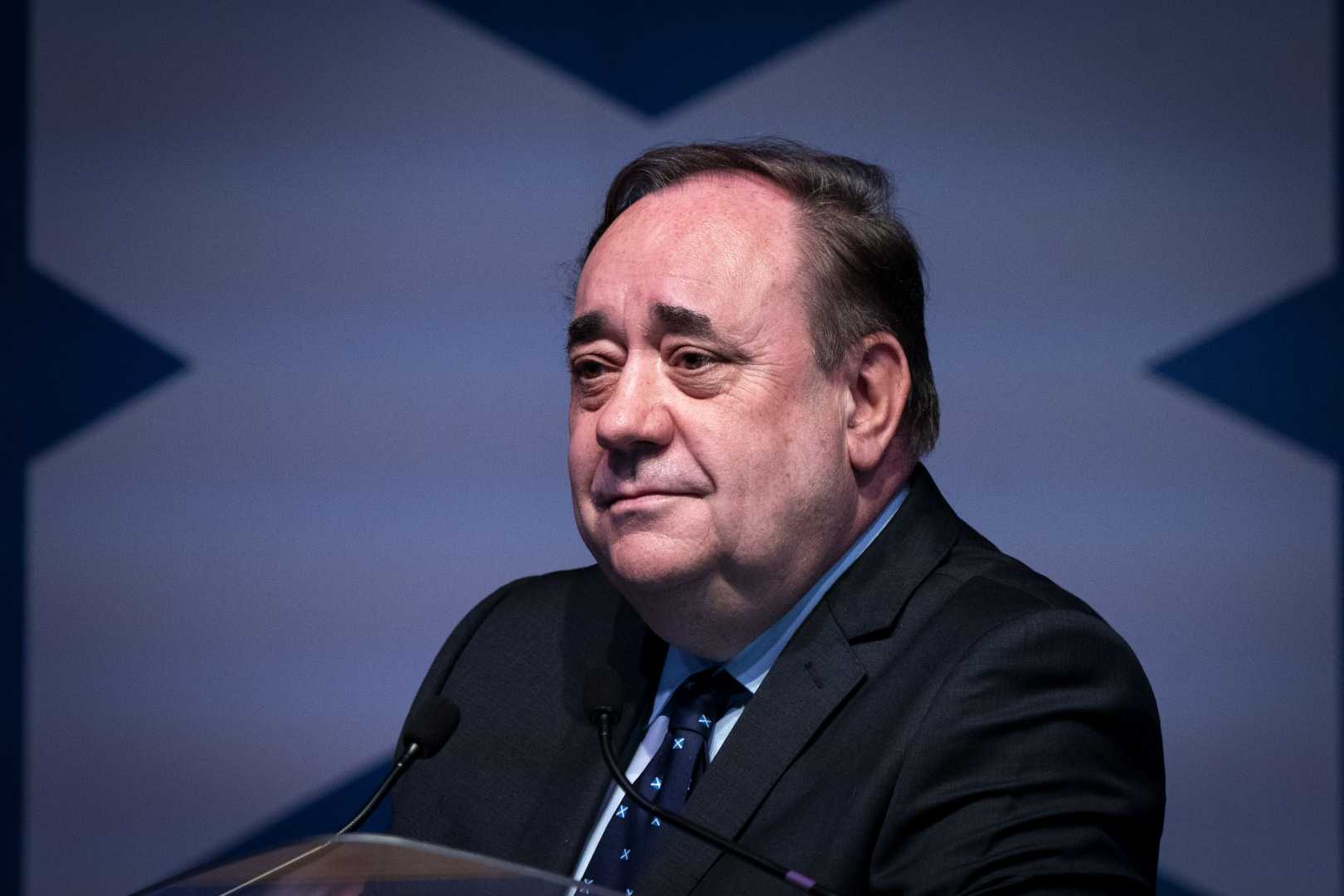News
Controversy and Tributes Follow Death of Alex Salmond

The death of Alex Salmond, a significant and controversial figure in Scottish politics, has sparked both grief and heated discussions. Salmond, who passed away at the age of 69 from a heart attack in North Macedonia, was a former First Minister of Scotland and a leader of the Scottish National Party (SNP). His sudden death on October 16, 2024, occurred while attending a cultural diplomacy summit in Ohrid.
As tributes pour in, the narrative surrounding Salmond’s legacy remains complex. Supporters hail him as one of Scotland’s greatest statesmen, even suggesting the possibility of a statue and a state funeral. Skeptics, however, caution against such glorification, citing his controversial legacy, particularly regarding his personal conduct and political agendas.
Prominent in these debates is Iain Martin’s commentary in The Times, where he criticized the tendency to inflate Salmond’s achievements posthumously. Martin noted Salmond’s significant role in Scottish politics but argued that his ambitions for Scottish independence were marked by a focus on constitutional change rather than effective governance.
Regarding the repatriation of Salmond’s body, a private individual has stepped in to fund a chartered flight to return him to Scotland, following the UK government’s decision not to involve the Royal Air Force in the process, traditionally reserved for royal family members.
Deputy First Minister Kate Forbes and the UK’s Europe Minister held discussions to facilitate Salmond’s return. Kenny MacAskill, acting leader of the Alba Party, expressed gratitude for the support Salmond’s widow and family received from both the North Macedonian authorities and the UK and Scottish governments.
The Scottish Parliament has opened a book of condolence for Salmond, capturing messages from visitors to be sent to his family. The King also extended condolences, acknowledging Salmond’s pivotal role in the 2014 referendum that nearly led Scotland to independence.
Throughout his career, Salmond was a polarizing figure. He led the SNP to power, served as First Minister from 2007 to 2014, and founded the rival Scottish independence party, Alba, following a rift with his successor, Nicola Sturgeon. Despite these achievements, his tenure as leader and First Minister is scrutinized for various policy failures, including issues in health, education, and ferry services.
Salmond’s later years were equally contentious. His Russia Today program, launched after Russia’s annexation of Crimea and continuing past the Salisbury poisonings, drew significant criticism. His unyielding pursuit of Scottish independence remained central to his political identity until his death.












